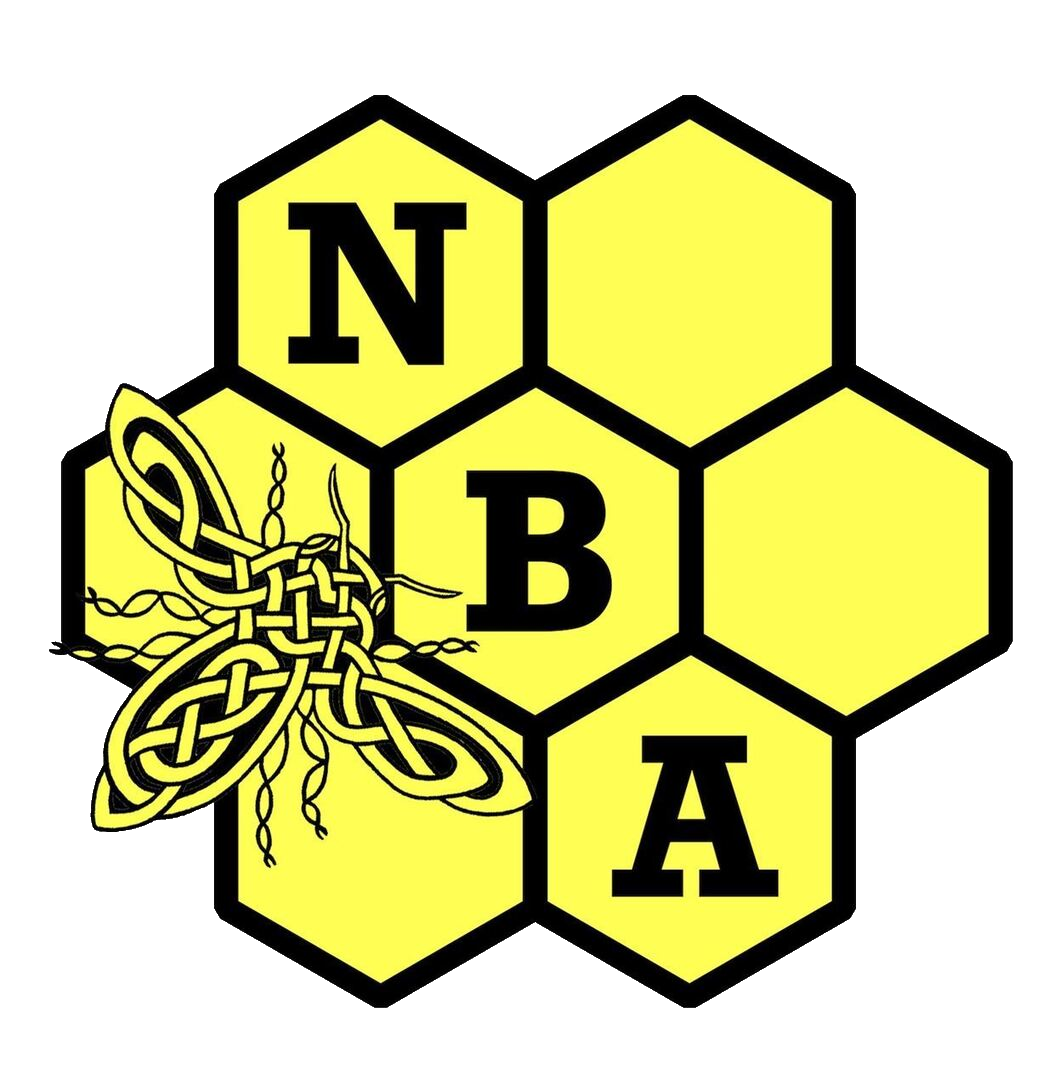
ACHIEVING LONG-TERM IMPACT IN GHANA
Welcome to our January Bee Mail! This month, as our Beekeepers Restore Forests project in Ghana comes to an end, we explore the impact of three years of work inspiring people in Afram Plains to protect their environment and earn an income through beekeeping, and how this impact can continue beyond the lifespan of the project.
Buzz Club Coordinator Rejoice Azameti gives us an update on Bees for Development Ghana’s school beekeeping clubs and the plans to roll them out further, enabling more children to access this wonderful opportunity.
You’ll meet Eric Nyarko who has recently been appointed as Director of Bees for Development Ghana. Learn about his background and his vision for the future of sustainable beekeeping in Ghana.
Help us continue this important work in Ghana and around the world by becoming a regular giver. Monthly donations help us plan our work and can make a big difference.
Set up a direct debit

Eric Nyarko is the newly appointed Director of Bees for Development Ghana. He is a seasoned development practitioner with over twenty years of experience in advocacy, leadership, partnerships development and management and multi-stakeholder engagement across Ghana.
Committed to inclusive, accountable, and sustainable development, Eric works to empower communities to take ownership of their development processes.
“True development happens when communities are empowered to lead and partnerships are grounded in trust, accountability and a shared purpose for sustainable impact.”
INSPIRING CHANGE IN YOUNG PEOPLE

A group picture of Atakora clubbers together with Rejoice displaying their sketch of honey bees with 'bee attitudes' labels
“I used to be afraid of bees and killed them whenever I saw them. Now I protect them instead.”
– Buzz Clubber Ntim Sammuel, at Donkorkrom E.P. School
In rural Ghana, where subsistence agriculture and community life are deeply intertwined, Buzz Clubs have emerged as an innovative response to the environmental challenges posed by these livelihood activities.
WHEN A PROJECT ENDS, THE WORK CONTINUES

Over the past 3 years much of our work in Ghana has been under the Beekeepers Restore Forests project in the Afram Plains.
This wide-ranging project, funded by The Darwin Initiative, has allowed us to tackle some of the region’s most pressing environmental and developmental needs through beekeeping.
